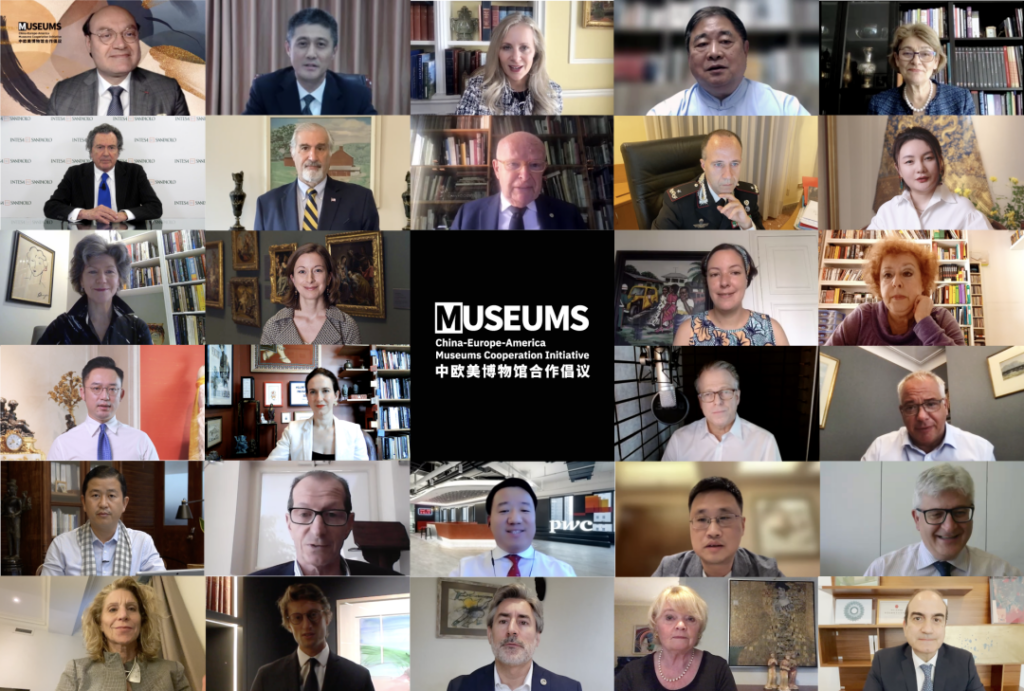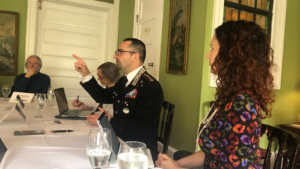In Algeria, the AC Holds Event to Launch New Photo Guide to Preserve Algerian Cultural Heritage
The Antiquities Coalition was honored to join the Algerian Ministry of Culture and Arts and the U.S. Embassy in Algiers on May 9, 2022, for the official launch of Turathi, a photographic guide to help identify Algeria’s stolen cultural heritage. The Antiquities Coalition and the Algerian Ministry of Culture developed Turathi as part of their ongoing partnership to preserve and protect the country’s cultural heritage, sponsored by the U.S. Embassy in Algiers.
The Photo guide and the database are a work tool, intended primarily for the use of local customs officers, law enforcement, and international partners involved in the fight against illicit trafficking of cultural property, as an initial step that allows them to identify cultural goods, through a preliminary comparison between their finds and similar artifacts. However, this guide is available to everyone with the aim of engaging and empowering the civil society for the protection of Algeria’s cultural heritage.
Peter Herdrich, Co-Founder of the Antiquities Coalition and Director of the Digitization and Cultural Heritage Preservation Project, spoke at the event to discuss the necessity of collaboration in cultural heritage preservation.
Herdrich was joined by Soraya Mouloudji, the Algerian Minister of Culture, and Elizabeth Moore Aubin, the U.S. Ambassador to Algeria, who also gave remarks emphasizing how this tool will support the protection and preservation of Algerian cultural heritage. AC in-country Project Manager Abir Chorfa also delivered a speech on the success of the project and next steps.

With over 35,000 stolen objects reported in Algeria, the need for good solutions to fight against cultural racketeering has never been more acute. The Antiquities Coalition remains committed to using tactics like digitization and tools like the photo guide to protect our shared history and global security: although the fight to combat the illegal trade of art and antiquities requires participation from a variety of disciplines.
Governments, law enforcement, cultural experts, libraries, conservators, businesspeople, and more must work together to uncover solutions to safeguard cultural heritage across the world.
As Deborah Lehr, Founder of the Antiquities Coalition, emphasized during her remarks, “Please have a look at the printed Guide and the website. Get to know these items. And please tell others about them, both professionals and members of the public. The more people know about the importance of protecting the heritage of Algeria and how critical that is, the broader our coalition is.”

The Antiquities Coalition looks forward to its continued collaboration with the Ministry of Culture and Arts and the U.S. Embassy in Algiers and how this resource will assist in its mission to fight the illicit trafficking of Algeria’s cultural heritage.











